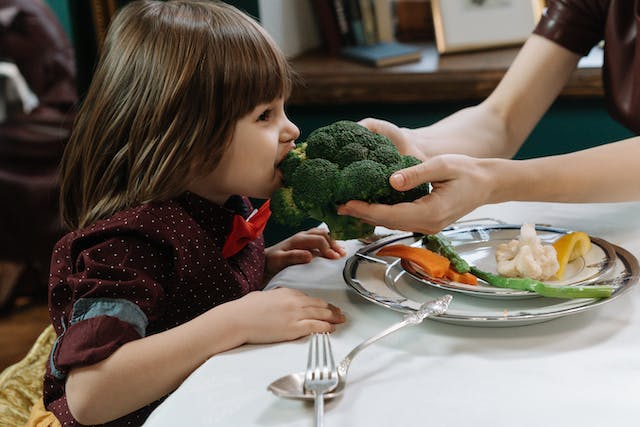Introduction
As a seasoned psychologist with 36 years of experience, I understand the concerns that parents have when it
comes to their toddler’s immune system and frequent illnesses.
Toddlers are at a stage of rapid growth and development, making it important to support and strengthen their
immune system.
In this article, we will explore effective strategies to boost your toddler’s immune system and reduce the occurrence
of common illnesses, allowing them to thrive in a healthy and vibrant manner.
Prioritize a Nutrient-Rich Diet
A balanced and nutrient-rich diet is key to strengthening your toddler’s immune system.
Offer a variety of fruits, vegetables, whole grains, lean proteins, and healthy fats.
These foods provide essential vitamins, minerals, antioxidants, and immune-boosting nutrients.
Limit sugary snacks and processed foods, as they can weaken the immune system.
Encourage regular meals and snacks to maintain stable energy levels and support overall health.
Ensure Adequate Sleep
Proper sleep is essential for a strong immune system in toddlers.
Establish a consistent sleep routine and ensure your child gets the recommended hours of sleep based on their age.
A well-rested toddler has a better chance of fighting off infections and staying healthy.
Create a calming bedtime routine and provide a comfortable sleep environment to promote quality sleep.
Promote Physical Activity
Regular physical activity helps strengthen the immune system and overall health.
Encourage active play and provide opportunities for your toddler to engage in age-appropriate exercises and activities.
This can include outdoor play, swimming, dancing, or simple games that promote movement.
Physical activity not only enhances the immune system but also supports healthy growth and development.
Practice Good Hygiene
Teaching your toddler good hygiene habits is crucial for preventing the spread of germs and reducing the risk of
illnesses.
Teach them to wash their hands frequently, especially before meals, after using the restroom, and after playing
outside.
Encourage proper coughing and sneezing etiquette by covering their mouth and nose with a tissue or their elbow.
Regularly clean and disinfect commonly touched surfaces and toys to minimize the spread of germs.
Maintain a Positive and Supportive Environment
A positive and supportive environment is essential for your toddler’s overall well-being, including their immune system.
Nurture a loving and stress-free environment at home, as stress can weaken the immune system.
Provide emotional support, engage in positive interactions, and encourage open communication.
This supportive environment helps your toddler feel secure, which contributes to their overall health.
Ensure Vaccinations and Regular Checkups
Following the recommended vaccination schedule is crucial for protecting your toddler against various infectious
diseases.
Consult with your pediatrician to ensure your child receives all necessary vaccinations on time.
Additionally, regular checkups allow healthcare professionals to monitor your toddler’s growth and development
and address any concerns promptly.
Limit Exposure to Illnesses
Reducing your toddler’s exposure to illness-causing germs can help prevent frequent illnesses.
Avoid crowded places during peak flu seasons or when there are outbreaks of contagious illnesses.
Teach your child to avoid sharing personal items like utensils, cups, and towels with others.
Encourage frequent handwashing, especially after being in public spaces or around sick individuals.
Breastfeeding and Healthy Lifestyle Choices
If breastfeeding is an option, aim to breastfeed your toddler for as long as possible.
Breast milk contains essential antibodies that help strengthen the immune system.
If breastfeeding is not possible, consult with your pediatrician to ensure your child receives proper nutrition through
a well-balanced diet.
Additionally, maintain a smoke-free environment and promote healthy lifestyle choices, such as limiting screen time
and encouraging regular hydration.
Conclusion
Boosting your toddler’s immune system and preventing frequent illnesses requires a holistic approach that
encompasses nutrition, sleep, physical activity, hygiene practices, and a positive environment.
By implementing these strategies, you can support your toddler’s overall health and well-being, allowing them
to grow and thrive with a resilient immune system.
Remember, each child is unique, so consult with your pediatrician for personalized advice and guidance tailored
to your toddler’s specific needs.
![]()











